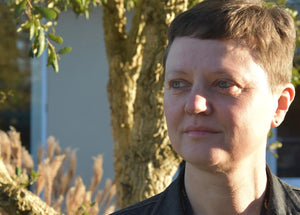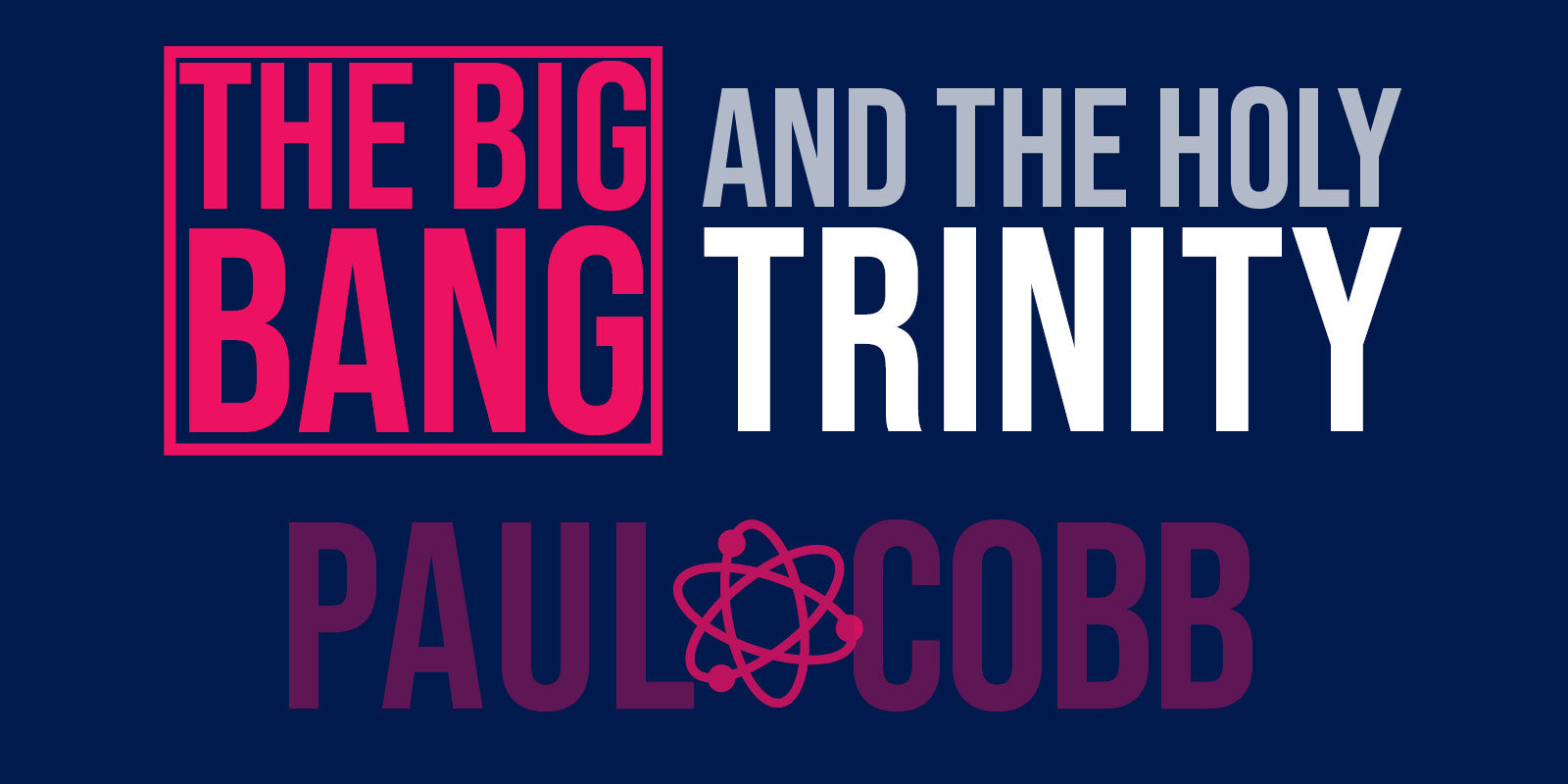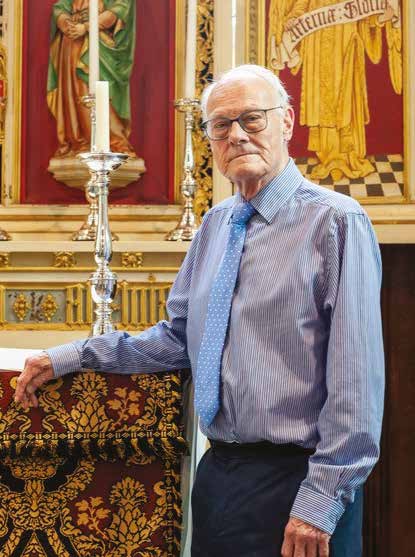.jpg) GUEST BLOG: Rosie Deedes finds parallels between the current lockdown and her experience of prison life from her time as a chaplain, and explores ways of continuing to pray together despite the difficult circumstances.
GUEST BLOG: Rosie Deedes finds parallels between the current lockdown and her experience of prison life from her time as a chaplain, and explores ways of continuing to pray together despite the difficult circumstances.
Anyone who has served time at Her Majesty’s pleasure will know the meaning and feeling of a lockdown. In prison “lockdown” means that every prisoner is confined to their cell for an indefinite period while a situation is calmed; a refractory prisoner is moved to another area; or a search for contraband—illegal drugs, hooch (in-cell home-brewed alcohol), or mobile phones—is carried out.
Prisoners spend lengthy periods each day in a small space; in prison slang, it is called “bang-up”. They are behind locked doors in a confined room in which there is a bed, a toilet, a cupboard and a chair. They may have a TV, or radio, possibly some books and magazines. They may or may not have a cell-mate. If they do, there is no guarantee that they will get on.
Prisoners and their families experience lengthy periods, months, weeks, even years of separation, with only the occasional visit if they are lucky, and phone calls when the regime permits. Prison puts immense pressure on every person in a family and not every relationship survives.
What I discovered in my time as a prison chaplain, however, is the extraordinary inventiveness and resilience of the human character. When adversity strikes, we find ways to get through and to adapt. A prisoner and his wife had found a way to maintain a meaningful connection despite the distance between them and the limited face-to-face or verbal communication they could have. They set aside a short period towards the end of each day, after all the prisoners were locked in their cells, to consciously think about each other. In this way they found a way to cement their relationship, and their relationship stood the test of “time” served.
Now it is not only prisoners who have to find a way of coping with restrictions and loss of liberty. We are all facing loss, disruption and confinement. So, we are having to be creative in the way we do things, and change our habits. Being unable to meet up with family members who don’t live with us, or to socialise with our friends, is making us more aware than ever of the importance of other people in our lives. We are created relational and as the poet John Donne said: “No man is an Island, entire of itself; every man is a piece of the Continent, a part of the main.”
One of the aspects of our lives that has been curtailed is our inability to meet for prayer, as all places of worship have been closed as part of the way of containing COVID-19. For some, of course, that will have little impact or significance, but for many it will be a massive loss, and a threat to their sense of belonging as well as believing. How can we stay connected spiritually when those who share our beliefs are separated from us?
A few weeks ago, at 9.15am, a small group of us from our local churches “met” together via WhatsApp to say Morning Prayer. This is one of the daily services (called offices) set out by the Church of England. Some, like me, are dinosaurs when it comes to technology, so perhaps this wasn’t the most effective platform to use for this kind of thing, but we are going to continue to experiment in other ways, until we get it right. (If there is one positive for me about this situation, it is that I will have to improve my skills and confidence in social media!) However, this was a meaningful and actually very moving way of maintaining community across the enforced divide.
It made me consider: suppose we all set aside a time to consciously think of one another, and pray for our world in its current crisis? Suppose people of all faiths and all people of goodwill set aside a time every day to think compassionately for others, using whatever form they felt comfortable with, be that prayer, meditation, or silence. If we all stopped whatever we are doing at 9.15 in the morning, or at 9.15 at night, or both, and thought about those around the globe who are suffering as a result of COVID-19, how powerful would that feeling of connection be?
This virus is no respecter of creed, colour, class, or nationality. It cuts through all that in other circumstances separates us, and unites us in concern for our neighbour, whether they live next door, or in another country, or in another continent. If we could connect in this way and remain connected this would be a wonderful legacy for the whole of humanity; some good coming out of a challenging situation.
Let’s stay connected by praying connected.
Rosie Deedes has worked as chaplain in several women’s prisons, a prison of male sex offenders, a university, and as the Spiritual Care Lead at Mountbatten Hospice on the Isle of Wight. She is the author of Into the Depths, in which she offers practical guidance for those who deal with the pastoral aspects of illness, death and dying, and reflects on the nature of good pastoral care and chaplaincy as a model of ministry for our time.











